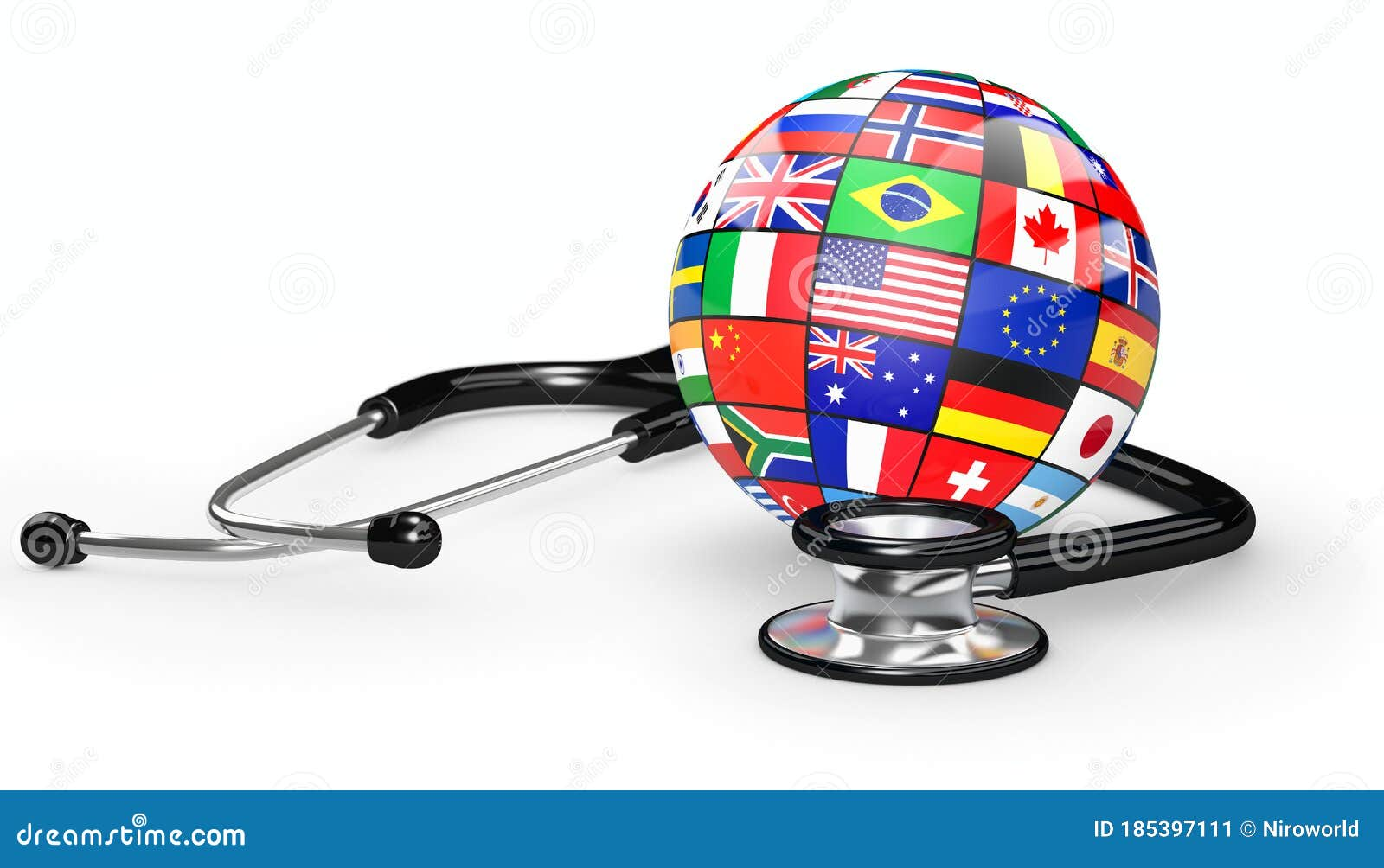Global health encompasses the intricate network of factors influencing health outcomes across the world, making it a critical area of focus for organizations like USAID. Recent remarks from prominent figures such as Atul Gawande shed light on the pressing challenges faced by global health leadership. The dismantling of essential health infrastructure in various countries, particularly during political shifts, has jeopardized public health initiatives that once thrived under the support of international aid. Gawande emphasizes the importance of commitment to scientific and medical advancements in the face of adversity, inspiring future leaders to remain steadfast in their dedication to global health. As we navigate these tumultuous waters, the need to revitalize and invest in those health programs is more crucial than ever to restore the health and well-being of populations worldwide.
The term “global health” often intersects with concepts of public well-being and international medical practices. In a rapidly changing world, it is essential to recognize the effects of global health challenges on diverse populations, driven by both systemic issues and the effectiveness of healthcare initiatives. Atul Gawande’s insights highlight the urgent necessity for robust health systems and the pivotal role of leadership in addressing health disparities. As nations grapple with shifting political landscapes, the emphasis on innovative health infrastructure and collaborative public health efforts will be fundamental to achieving sustainable outcomes. Understanding these interconnected factors will be vital for anyone engaging with international health topics in the future.
The Impact of USAID Reform on Global Health
The dismantling of USAID’s funding and operational capabilities has left a significant void in global health initiatives. As Atul Gawande highlighted, more than 85 percent of USAID’s programs were cut, resulting in devastating consequences for vulnerable populations worldwide. Historically, USAID has been instrumental in delivering essential services like maternal and child health care, disease prevention, and rapid response to outbreaks of serious infectious diseases such as Ebola and malaria. Without adequate support, millions of lives are at risk as established health infrastructures falter under the pressure of these cuts.
Moreover, the loss of experienced staff and specialists at USAID has hampered the U.S.’s ability to respond to pressing global health challenges. Gawande notes that in just a few years, the emergency response time to epidemics was reduced dramatically—from over two weeks to less than 48 hours—demonstrating the effectiveness of USAID when properly resourced. As the agency struggles to recover from these drastic reforms, the likelihood of America regaining its position as a global health leader seems uncertain. The very essence of public health initiatives is compromised, threatening the stability and safety of health systems worldwide.
Frequently Asked Questions
How have USAID reforms impacted global health initiatives?
The reforms at USAID have significantly altered global health initiatives, leading to the termination of over 85% of its programs. This has resulted in devastating consequences for health infrastructure in many countries, impacting millions who relied on USAID for disease surveillance, maternal and child health, and treatment of epidemics like HIV, tuberculosis, and malaria. Atul Gawande notes that although the agency cannot be restored to its former capacity, there’s still hope for recovery and the preservation of vital health structures.
What role does Atul Gawande play in presenting global health challenges?
As a surgeon and former head of USAID’s Bureau for Global Health, Atul Gawande brings crucial insights into the challenges facing global health leadership. He highlights the effects of reduced funding and staffing on health programs, stressing that while USAID has suffered significant cuts, the expertise and dedication to improving global health outcomes are still essential and should be pursued.
What impact do public health initiatives have on maternal and childhood health?
Public health initiatives, particularly those led by agencies like USAID, have dramatically improved maternal and childhood health by providing essential services and treatments. For instance, prior programs significantly reduced maternal deaths and added years to the lives of women and children. The long-term success of these initiatives shows how critical consistent support and follow-through are for sustaining health improvements.
Why is health infrastructure crucial for global health leadership?
Health infrastructure is pivotal for global health leadership as it enables countries to respond effectively to health crises. USAID played a vital role in establishing networks for disease surveillance and response. Without robust infrastructure, the capability to manage outbreaks quickly and efficiently is severely limited, which can exacerbate health risks globally.
What is the future of global health if the U.S. steps back from leadership?
If the U.S. withdraws from its leadership role in global health, new leaders may emerge from other countries and states, taking on the responsibility of health innovation and response. Atul Gawande emphasizes that despite uncertainties, the need for expertise in global health will persist, suggesting a potential shift in responsibility but not in the necessity for continued global health action.
How do global health partnerships influence health outcomes?
Global health partnerships, particularly those fostered by organizations like USAID and the WHO, significantly influence health outcomes by providing technical assistance, sharing resources, and enabling knowledge exchange. Such collaborations can amplify vaccination efforts and health programs, moving coverage from lower levels to more comprehensive levels, as seen in efforts to increase vaccination rates.
What are the consequences of funding freezes on public health research?
Funding freezes, such as those affecting NIH and CDC programs, have serious ramifications for public health research. They endanger critical studies and innovation in healthcare, particularly in areas like childbirth and surgical advancements. Atul Gawande notes that halted funding threatens vital projects that improve health outcomes and address urgent health challenges.
How does Atul Gawande view the importance of dedication to science and medicine in the context of global health?
Atul Gawande emphasizes that dedication to science and medicine remains crucial in addressing global health challenges. Despite setbacks and bureaucratic difficulties, Gawande encourages students and professionals in the field to remain committed to their roles, as their expertise will be essential in navigating future health crises and improving global health systems.
| Key Point | Details |
|---|---|
| Impact of USAID Cuts | The Trump administration’s dismantling has led to the firing of nearly all USAID staff and a termination of over 85% of its programs, significantly harming global health efforts. |
| Gawande’s Perspective | Atul Gawande emphasizes that while USAID cannot return to its former capacity, there’s still hope to preserve health infrastructure and talent. |
| Achievements Before Cuts | USAID had established a network that reduced emergency response times for diseases like Ebola, significantly improving health outcomes in numerous countries. |
| Current Challenges | The freeze on research funding is threatening programs related to maternal health and surgery, endangering tens of millions of lives. |
| Future of Global Health | Gawande acknowledges uncertainties regarding America’s leadership role in global health but emphasizes the continuous need for expertise in the field. |
Summary
Global health is facing significant challenges, particularly due to the dismantling of vital programs such as USAID. Atul Gawande’s account highlights the devastating impact of reduced funding and staffing on health initiatives worldwide. Despite these challenges, he remains optimistic about the future of global health and the need for expertise to address ongoing health crises. The importance of robust health systems and international collaboration in combating diseases cannot be overstated.



